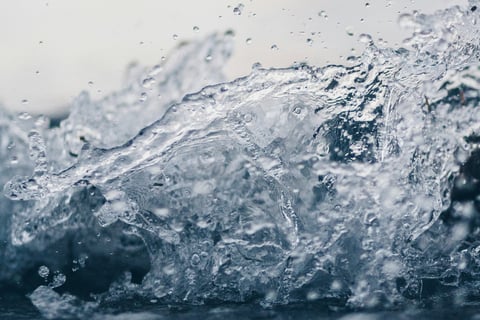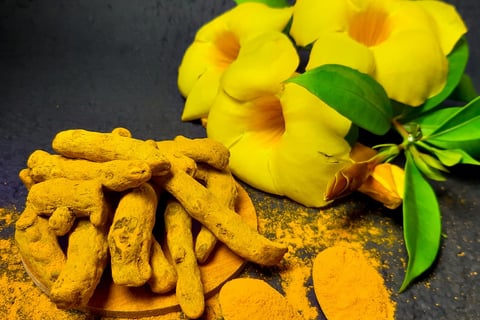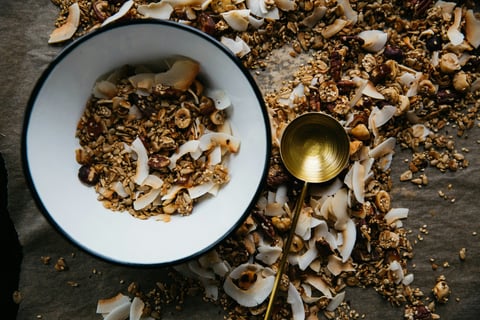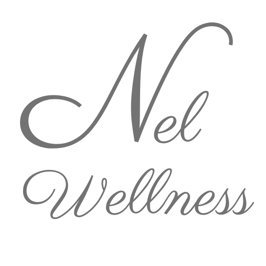Detoxing the Right Way: Myths vs. Facts – Evidence-Based Detox Strategies
Detoxing has long been a buzzword in wellness circles, often linked to extreme juice cleanses, restrictive diets, and miracle supplements promising to "flush out toxins" overnight. But how much of this is fact, and how much is fiction?
DETOX
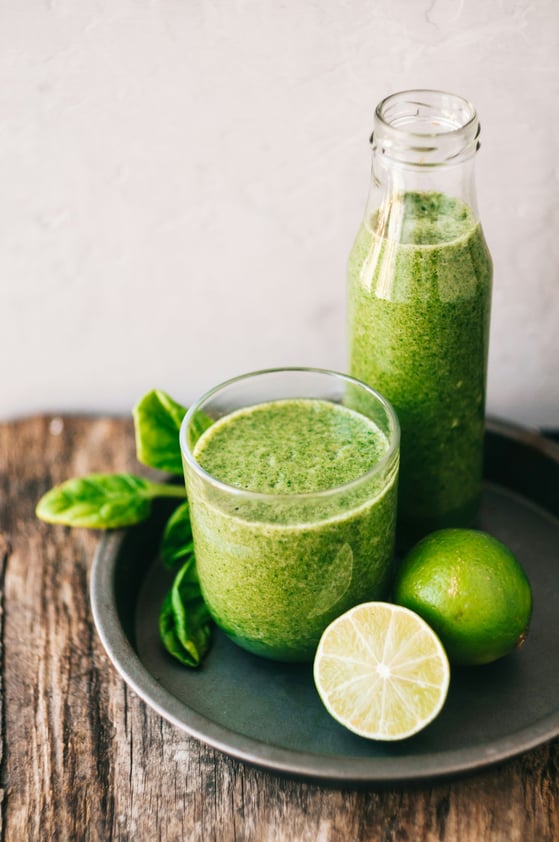

Detoxing the Right Way: Myths vs. Facts – Evidence-Based Detox Strategies
The Truth About Detoxing: Myths vs. Evidence-Based Strategies
Detoxing has long been a buzzword in wellness circles, often linked to extreme juice cleanses, restrictive diets, and miracle supplements promising to "flush out toxins" overnight. But how much of this is fact, and how much is fiction?
While the body naturally detoxifies itself through the liver, kidneys, and digestive system, there are scientifically supported strategies that enhance this process without compromising health. In this article, we’ll separate myths from facts and explore five evidence-based detox strategies that busy professionals can seamlessly incorporate into their daily routines.
1. Hydration & Electrolyte Balance: The Foundation of Detoxing
History & Background
Hydration has been recognized for centuries as essential for health. Ancient Greek physicians, including Hippocrates, prescribed water therapies to flush out impurities, and Ayurveda emphasizes warm water as a detoxification aid.
Why It Works
Water is crucial for flushing out metabolic waste, supporting kidney function, and maintaining liver efficiency. However, excessive water intake without adequate electrolytes can lead to imbalances. Electrolytes like sodium, potassium, and magnesium help maintain fluid balance and support cellular detoxification.
Myths vs. Facts
❌ Myth: Drinking gallons of water alone will "wash out" toxins.
✅ Fact: Hydration supports detoxification, but electrolytes are necessary to maintain balance and prevent depletion.
How Busy Professionals Can Adopt This
Start the day with a glass of warm lemon water to stimulate digestion.
Use coconut water or electrolyte-rich drinks after sweating or extended work hours.
Carry a reusable water bottle with reminders to drink throughout the day.
2. High-Fiber Nutrition: The Gut’s Natural Detoxifier
History & Background
Traditional diets across cultures—ranging from Mediterranean to Japanese—emphasize fiber-rich foods like vegetables, whole grains, and legumes. The fiber in these foods helps bind toxins and eliminate waste effectively.
Why It Works
The gut plays a major role in detoxification. Fiber aids digestion, reduces bloating, and supports the elimination of toxins by promoting regular bowel movements. Soluble fiber (found in oats, flaxseeds, and chia) helps absorb waste, while insoluble fiber (in vegetables and whole grains) ensures efficient elimination.
Myths vs. Facts
❌ Myth: Detox requires fasting or extreme diets.
✅ Fact: A fiber-rich diet is one of the most effective and sustainable detox methods.
How Busy Professionals Can Adopt This
Swap white rice for quinoa, brown rice, or whole grains.
Add flaxseeds or chia seeds to smoothies and oatmeal.
Keep pre-cut vegetables or roasted chickpeas as high-fiber snacks.
3. Liver-Supporting Foods: The Body’s Detox Powerhouse
History & Background
The liver has been recognized as a detox organ for centuries in Traditional Chinese Medicine and Ayurveda. Foods like turmeric, bitter greens, and cruciferous vegetables have long been used to support liver function.
Why It Works
The liver processes toxins by breaking them down into water-soluble compounds that can be excreted. Cruciferous vegetables (broccoli, Brussels sprouts, kale) contain sulforaphane, which enhances liver detox enzymes. Turmeric and beets also support liver function by reducing inflammation and promoting bile production.
Myths vs. Facts
❌ Myth: A liver cleanse supplement is necessary to detoxify.
✅ Fact: Whole foods naturally support liver detoxification more effectively than supplements.
How Busy Professionals Can Adopt This
Add broccoli, kale, and Brussels sprouts to meals.
Drink turmeric tea or golden milk as an anti-inflammatory detox boost.
Include beetroot in salads or smoothies to promote liver function.
4. Sweating for Detox: Exercise & Sauna Benefits
History & Background
Sweating has been used for detoxification since ancient times, from Native American sweat lodges to Scandinavian saunas and Roman baths.
Why It Works
Sweating releases toxins such as heavy metals and improves circulation. Exercise boosts lymphatic drainage, helping the body rid itself of waste. Saunas and infrared therapy enhance the skin’s ability to eliminate toxins through sweat.
Myths vs. Facts
❌ Myth: Only fasting or special supplements can detox the body.
✅ Fact: Exercise and sweating are natural, effective detox methods.
How Busy Professionals Can Adopt This
Engage in short, high-intensity workouts (15–20 minutes) to induce sweat.
Use an infrared sauna once a week if available.
Take a brisk walk or do yoga to encourage circulation and lymphatic drainage.
5. Sleep & Circadian Detox: The Brain’s Cleansing System
History & Background
Traditional healing systems, including Ayurveda and Traditional Chinese Medicine, emphasize early sleep as a healing practice. Modern research now confirms that the body undergoes its most intense detoxification during deep sleep.
Why It Works
During deep sleep, the glymphatic system (a brain detox network) flushes out toxins, including beta-amyloid plaques linked to cognitive decline. Lack of sleep impairs liver function, reduces antioxidant production, and slows down metabolic detox.
Myths vs. Facts
❌ Myth: Detox is all about diet.
✅ Fact: Sleep is one of the most effective ways to support natural detoxification.
How Busy Professionals Can Adopt This
Set a sleep schedule and aim for 7–9 hours per night.
Avoid blue light exposure (screens) an hour before bed.
Include magnesium-rich foods (almonds, dark chocolate) to promote relaxation.
Final Thoughts: Sustainable Detox for Long-Term Health
Detoxing doesn’t require extreme diets, expensive cleanses, or deprivation. The best approach is supporting the body’s natural detox pathways through hydration, fiber-rich nutrition, liver-supporting foods, sweating, and quality sleep.
For busy professionals, small, consistent changes can make a big impact. Drink smarter, eat fiber-rich meals, move daily, prioritize sleep, and support your liver with whole foods—your body will handle the rest.
Looking for more evidence-based wellness tips? Explore more at Nel Wellness and start detoxing the right way—naturally and sustainably.
